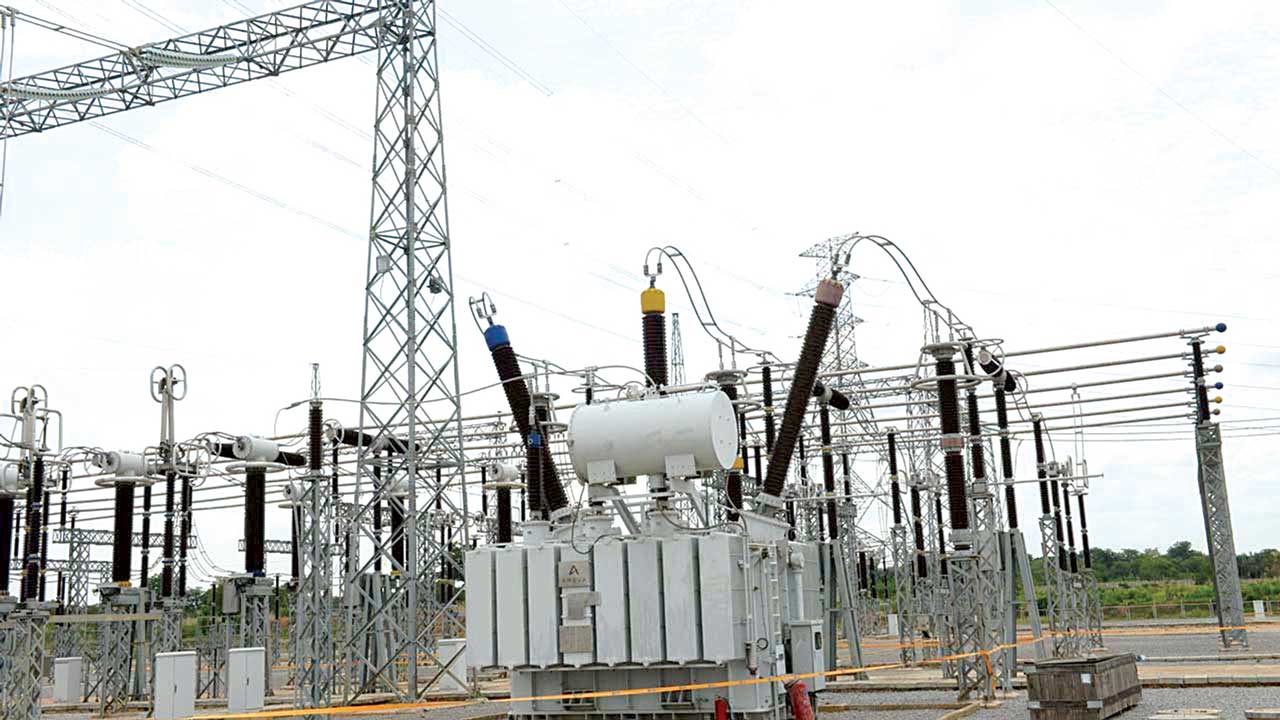
Nigeria’s electricity regulator has given the green light for an increase in tariffs targeting affluent consumers who consume the most power. The move comes as part of the government’s efforts to phase out subsidies and alleviate strain on public finances.
According to Musiliu Oseni, vice chairman of the Nigerian Electricity Regulatory Commission (NERC), the approved hike will immediately come into effect, raising rates from a maximum of 68 naira per kilowatt hour to 225 naira per kilowatt hour for nearly 15% of electricity users.
The commission intends to classify customers based on data provided by electricity distributors. Nigeria, grappling with chronic power shortages, aims to tackle the issue by implementing reforms such as subsidy removal, echoing President Bola Tinubu’s agenda that previously eliminated fuel subsidies and led to currency devaluation.
However, these reforms have triggered inflation exceeding 30%, exacerbating the cost of living crisis and sparking discontent among workers. Despite recommendations from entities like the World Bank to cut subsidies for the sake of public finances, Nigeria faces a range of challenges in its electricity sector, including an ailing grid, gas shortages, high debts, and vandalism.
With the country having just a fraction of its installed capacity available due to production limitations, many Nigerians rely on costly diesel generators. The low state-controlled tariffs hinder investment attraction and hinder distribution companies’ ability to cover expenses and compensate generating firms, resulting in mounting debts within the sector.
